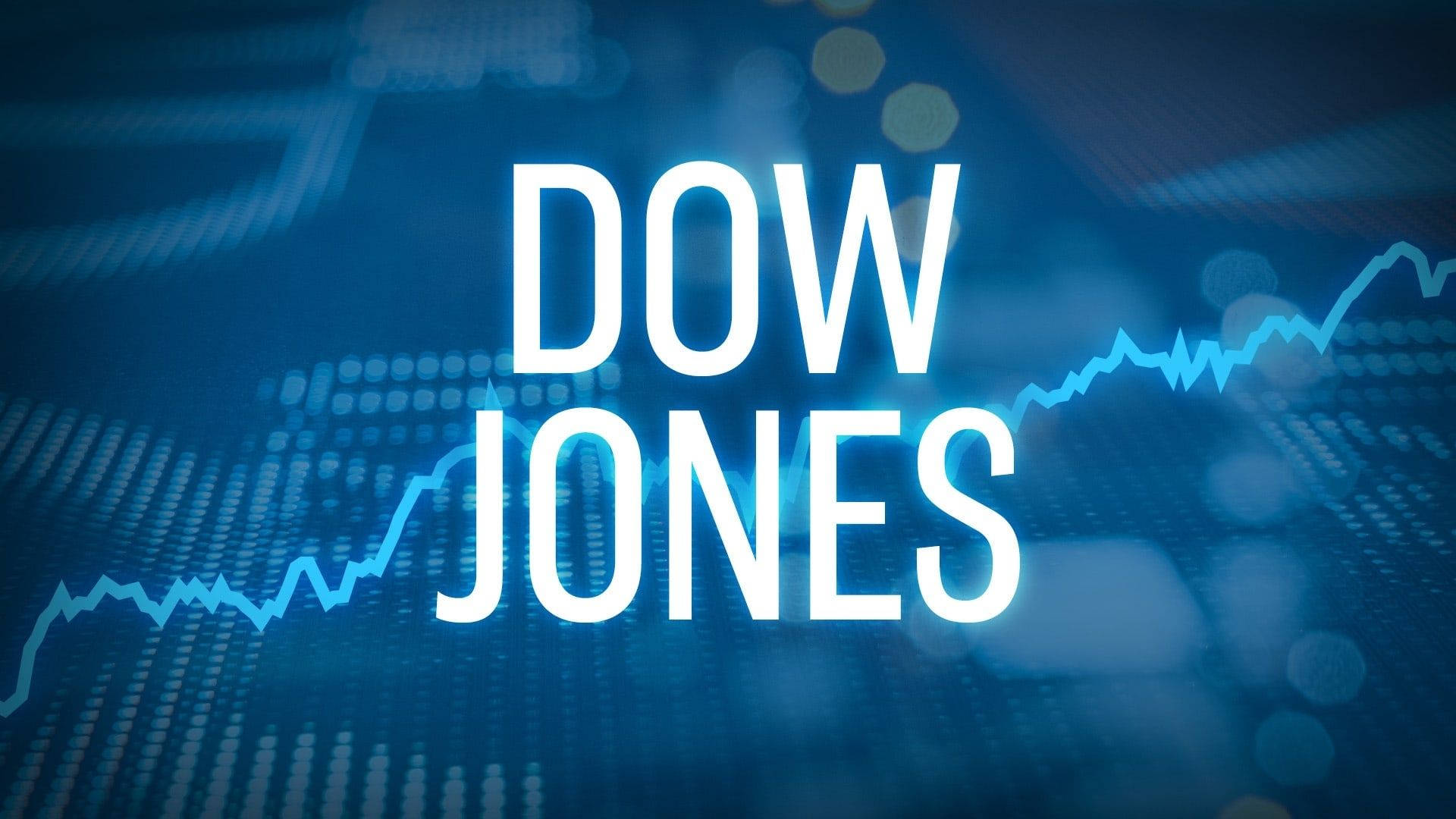Dow Jones (DJIA) faces turbulence amid new tariffs. Explore market reactions and long-term implications for investors and the economy. The Dow Jones Industrial Average (DJIA), commonly known as the Dow, is one of the most closely watched indicators of the U.S. stock market’s health. It reflects the performance of 30 major publicly traded companies spanning various industries, including technology, healthcare, finance, and consumer goods. Recently, the market has seen sharp swings, largely driven by global economic events—particularly the U.S. government’s decision to impose broad tariffs.
The Dow Jones Industrial Average (DJIA)
Dow Jones performance during April 2025 tariff introduction.
The Dow’s Role in Measuring Market Sentiment
The Dow isn’t just a number; it’s a barometer of investor sentiment and economic confidence. When the index rises, it generally signals optimism about corporate earnings and economic growth. Conversely, a sharp decline can indicate uncertainty, fear, or concerns about future financial stability.
Tariffs Send Shockwaves Through the Market
The Dow fell about 1,700 points in early April 2025, one of its greatest one-day losses in recent memory.
Following the announcement of new tariffs by the U.S. administration to address trade imbalances with important allies, the decline occurred.
These tariffs include a 10% base rate on all imports, with even higher duties on specific countries.
The move has sparked fears of a full-scale trade fight, as businesses and investors brace for potential retaliation from other nations.The uncertainty has rippled through financial markets, causing widespread volatility.
The Impact of Tariffs on Consumers and Businesses
Tariffs are essentially taxes on imported goods.
Although they are intended to safeguard homegrown businesses and close trade gaps, they also raise consumer prices and cause problems for international supply chains.
The impact is being felt by many businesses, especially those that depend on global supply chains and manufacturing.Take Apple, for instance—its stock price fell by more than 9% following the announcement. Investors worry that higher production costs and supply chain complications could hurt profit margins and sales.
Why the Dow Jones Reacted So Sharply
Stock markets are highly sensitive to economic policies and global events. The steep selloff reflects widespread investor concerns about how these tariffs could slow economic growth, increase costs, and strain international trade relationships.
The short-term effects are clear, but the long-term effects are still unknown.
A Look Back: Trade Wars and Market Reactions
This isn’t the first time tariffs have rattled the stock market. A similar scenario unfolded during the U.S.-China trade war in 2018, when escalating tariffs triggered market volatility. However, the scope and scale of the current measures are broader, heightening concerns about prolonged economic disruption.
Implications for Investors
Investors are reminded of the importance of diversification and long-term planning by this type of volatility.While sharp declines can be unsettling, they also present opportunities—some see market dips as chances to buy quality stocks at lower prices.
The key is to be informed and avoid making snap decisions on investing based on fleeting market swings.
The Bigger Picture: Global Economic Ripple Effects
The Dow’s recent swings highlight how interconnected global economies are. Policies enacted in one country can have widespread effects, influencing businesses, consumers, and financial markets worldwide. As other nations respond to these tariffs, their countermeasures could further shape economic trends.
Final
The Dow represents the economic forces that influence our globe and is more than just an index.
The recent turbulence underscores the importance of staying informed and understanding how policy decisions affect financial markets.
Whether you’re an investor or simply interested in the economy, keeping an eye on market trends can provide valuable insights. Do you see the recent drop in the Dow as a temporary setback or a sign of deeper economic challenges?
What are your thoughts on the recent developments with the Dow Jones? Do you see this as a temporary setback or a sign of deeper economic challenges?
Stay informed on market trends—read our latest analyses on Dow Jones and global trade policies. Bulletinns45.
What does the Dow’s performance mean for investors?
Why is the Dow Jones reacting to tariffs?
Cryptocurrency: The Digital Gold Rush Transforming Money, Technology, and Global Finance—Are You Ready to Join the Revolution?



Can you be more specific about the content of your article? After reading it, I still have some doubts. Hope you can help me.
Thanks for sharing. I read many of your blog posts, cool, your blog is very good. https://www.binance.com/es/register?ref=RQUR4BEO
Thanks for sharing. I read many of your blog posts, cool, your blog is very good. https://www.binance.com/register?ref=IXBIAFVY
Thanks for sharing. I read many of your blog posts, cool, your blog is very good. https://www.binance.com/pt-PT/register?ref=KDN7HDOR
Thanks for sharing. I read many of your blog posts, cool, your blog is very good.
Can you be more specific about the content of your article? After reading it, I still have some doubts. Hope you can help me. https://www.binance.info/pl/register?ref=UM6SMJM3
I don’t think the title of your article matches the content lol. Just kidding, mainly because I had some doubts after reading the article.
Your point of view caught my eye and was very interesting. Thanks. I have a question for you. https://www.binance.com/bg/register?ref=V2H9AFPY
Your point of view caught my eye and was very interesting. Thanks. I have a question for you.